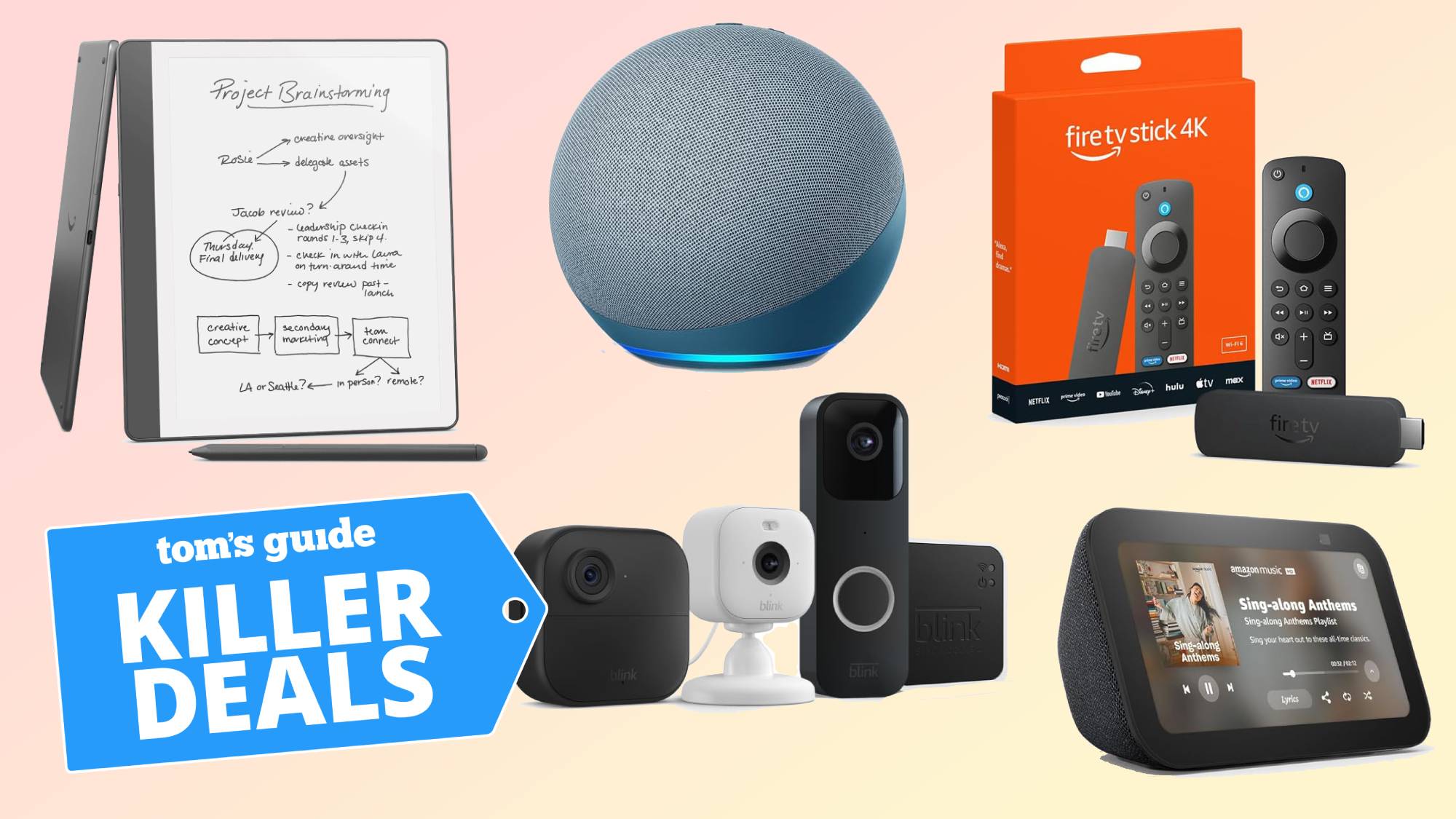Best used smartphones in 2025
If you're looking for a low-priced phone that still delivers great features, consider buying one of the best used smartphones.
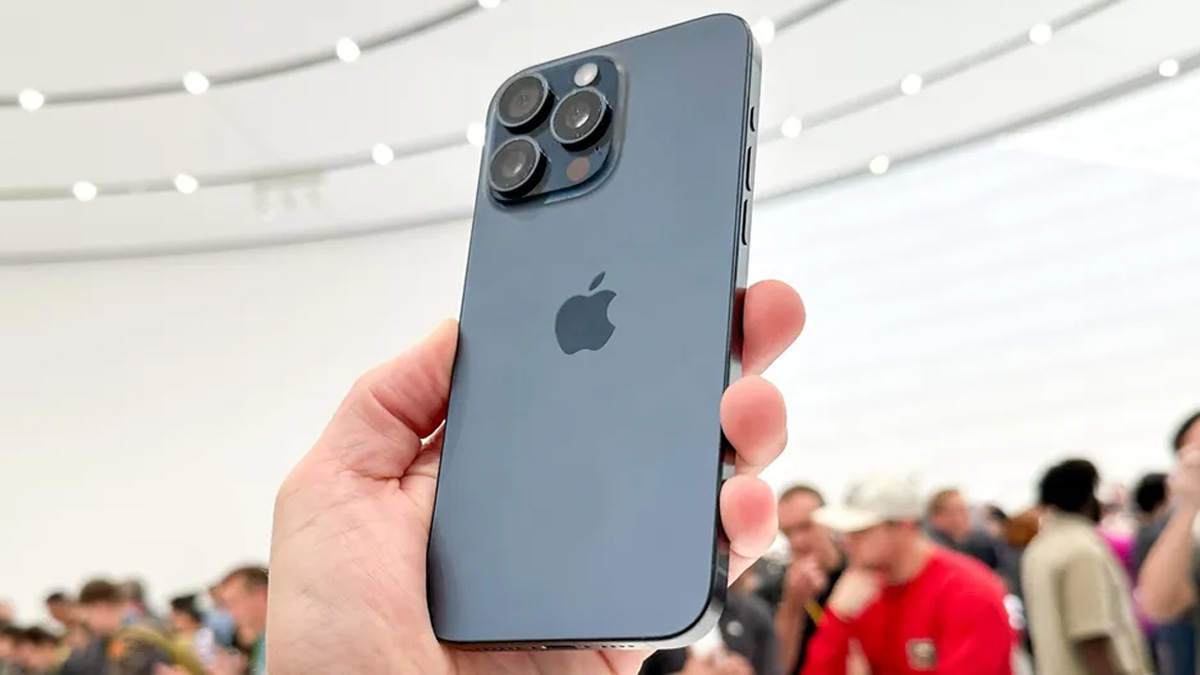
The best used smartphones are a great way to save yourself money when buying a recently-released device. The latest and best smartphones are pricey, and they're only getting more expensive with time. So if you need a new device, and are short on cash, buying a used device lets you save cash for something more important.
The best phones often get healthy price cuts when their successors appear, and because of how people upgrade, it's usually very easy to pick up a gently used or professionally-refurbished handset that isn't that old. Plus with software support lasting longer than ever with the right devices, you're a lot less likely to need to worry about losing update support.
Often the best used phones are just last year's flagship, and our current top pick is the iPhone 15. It may not be as powerful as the iPhone 16, but it still offers all the great iPhone features like great quality photos and long battery life. If you're more of an Android fan then there's always the Samsung Galaxy S23 or the Google Pixel 8, both of which have their own unique spin on what Android phones should be — and up to several years of software support. So even though they may be a little older, they should still last for a long time.
So whether you want an iPhone, a Samsung or something else entirely, these are the best used smartphones you can pick up right now.
The quick list
Here are the best used smartphones you can buy right now, based on our own testing. You can scroll down the page to find more in-depth information about each model and what makes them so great.
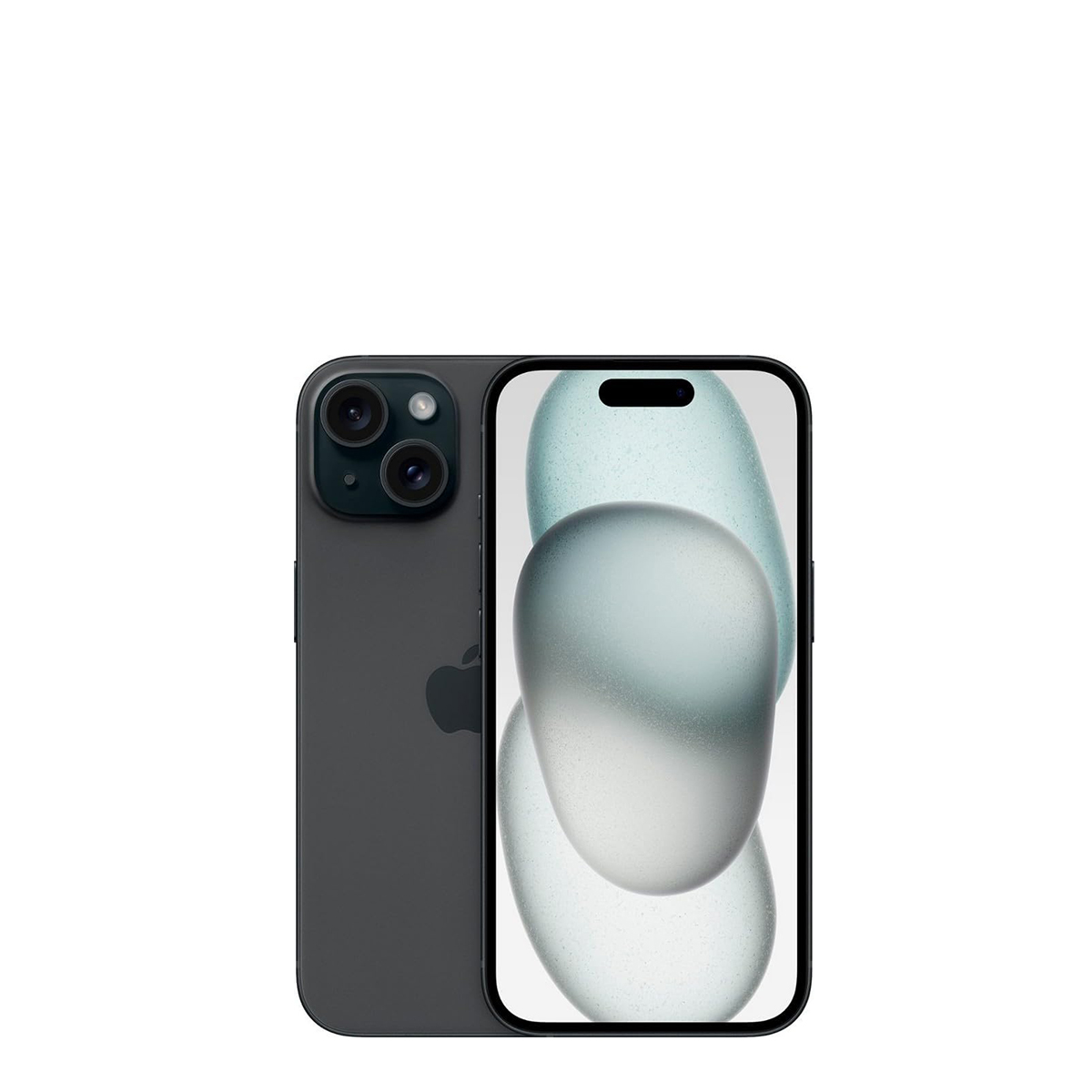
The best used smartphone overall
If you're looking for the iPhone experience without paying for an iPhone 16, there's never any shortage of last year's iPhones. The iPhone 15 comes with a nice bright display, improved performance, good battery life, a fantastic set of cameras and the Dynamic Island cutout. What more could you ask for?
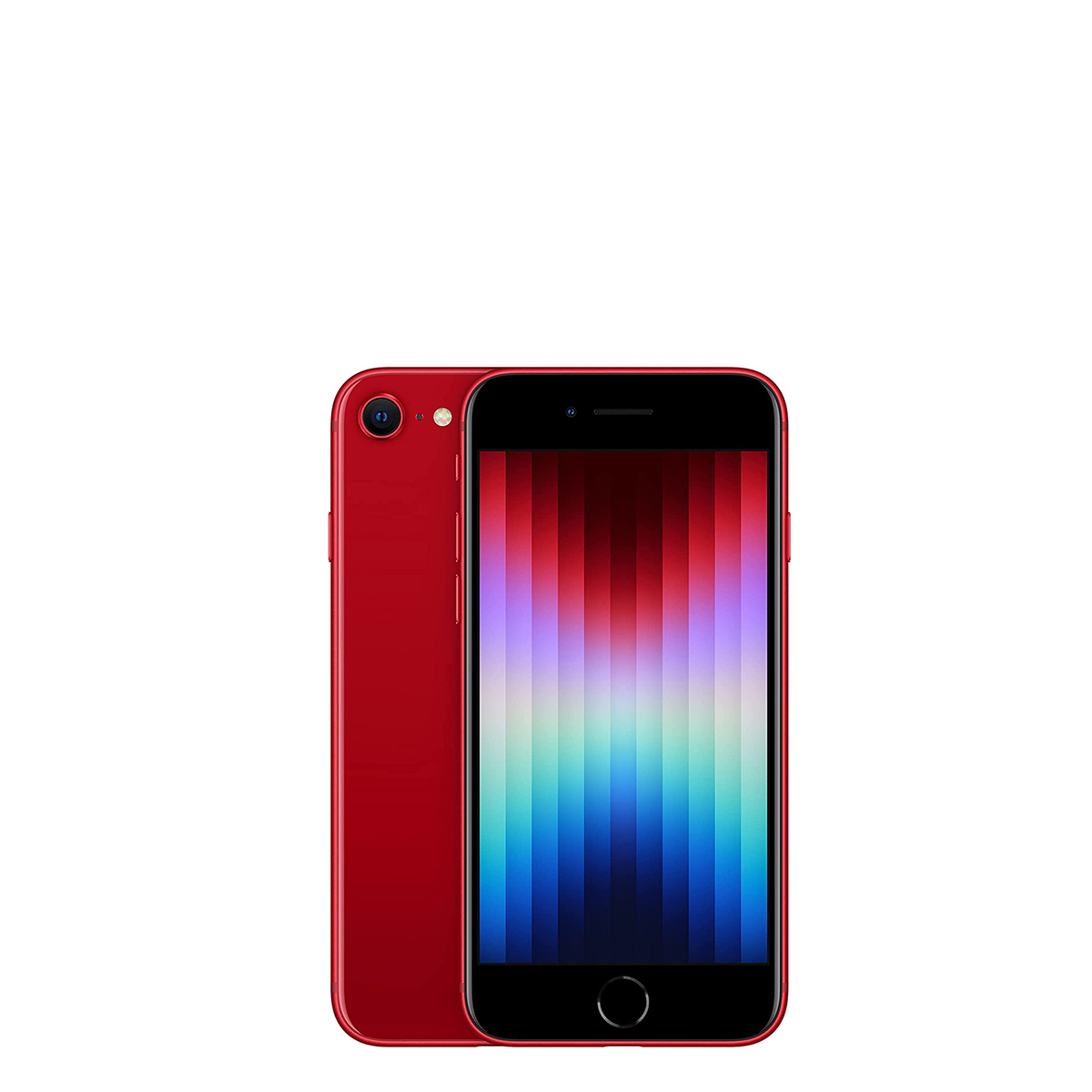
The best cheap used smartphone
If you still need something cheap, then Apple has made the iPhone SE one of the best value mid-range phones around. Not only does it come with an affordable price tag, it still packs in great performance and camera quality. Better still it's not that old, so it should get software support for a good few years yet.
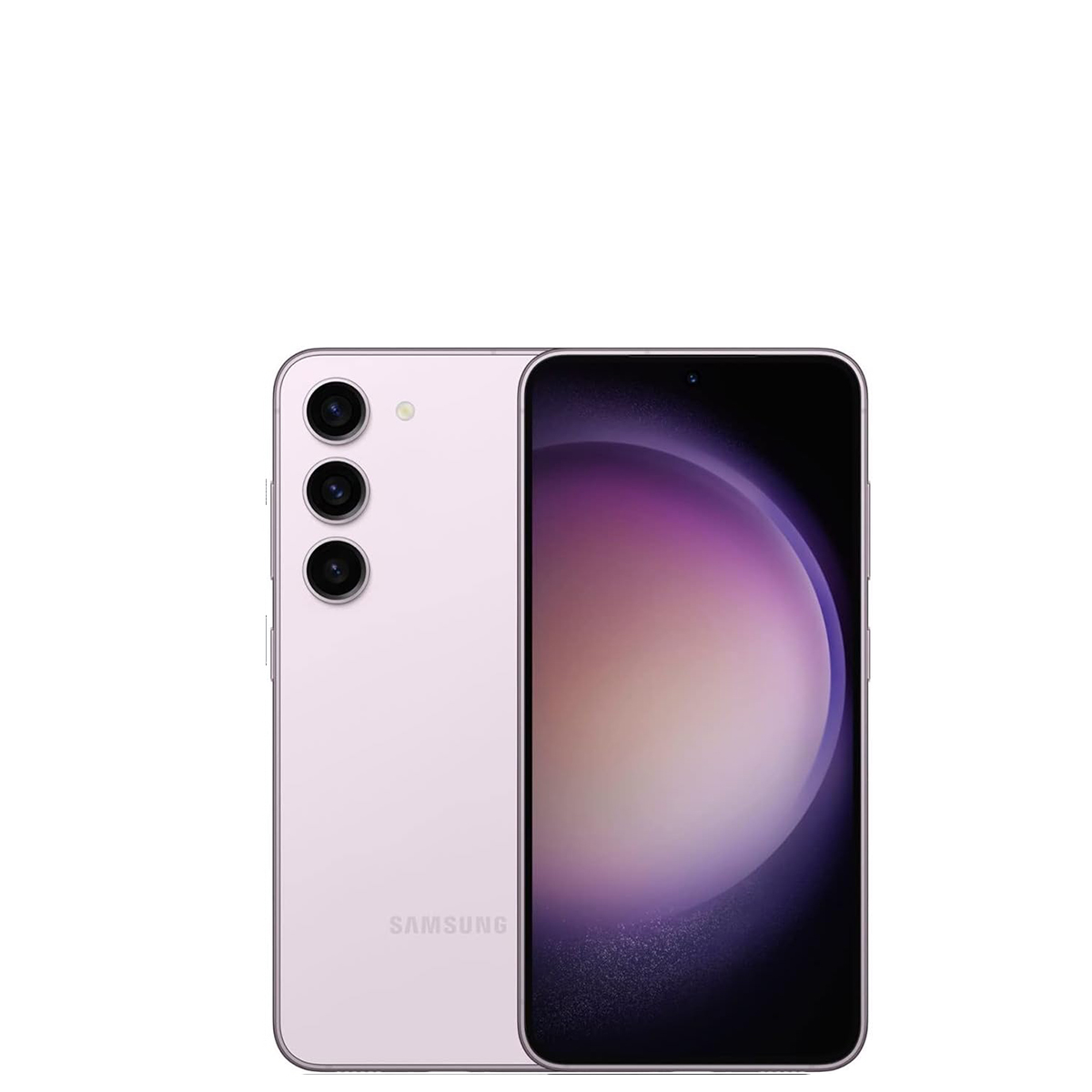
Best used Android smartphone
If iPhones aren't for you, there's always Android — and the best Androids tend to come from Samsung. The Galaxy S23 is last year's flagship and has all the appropriate features to go with it. Solid cameras, a bright colorful display, great Snapdragon 8 Gen 2 for Galaxy performance and more. And for a much lower price than the Galaxy S24 would set you back.
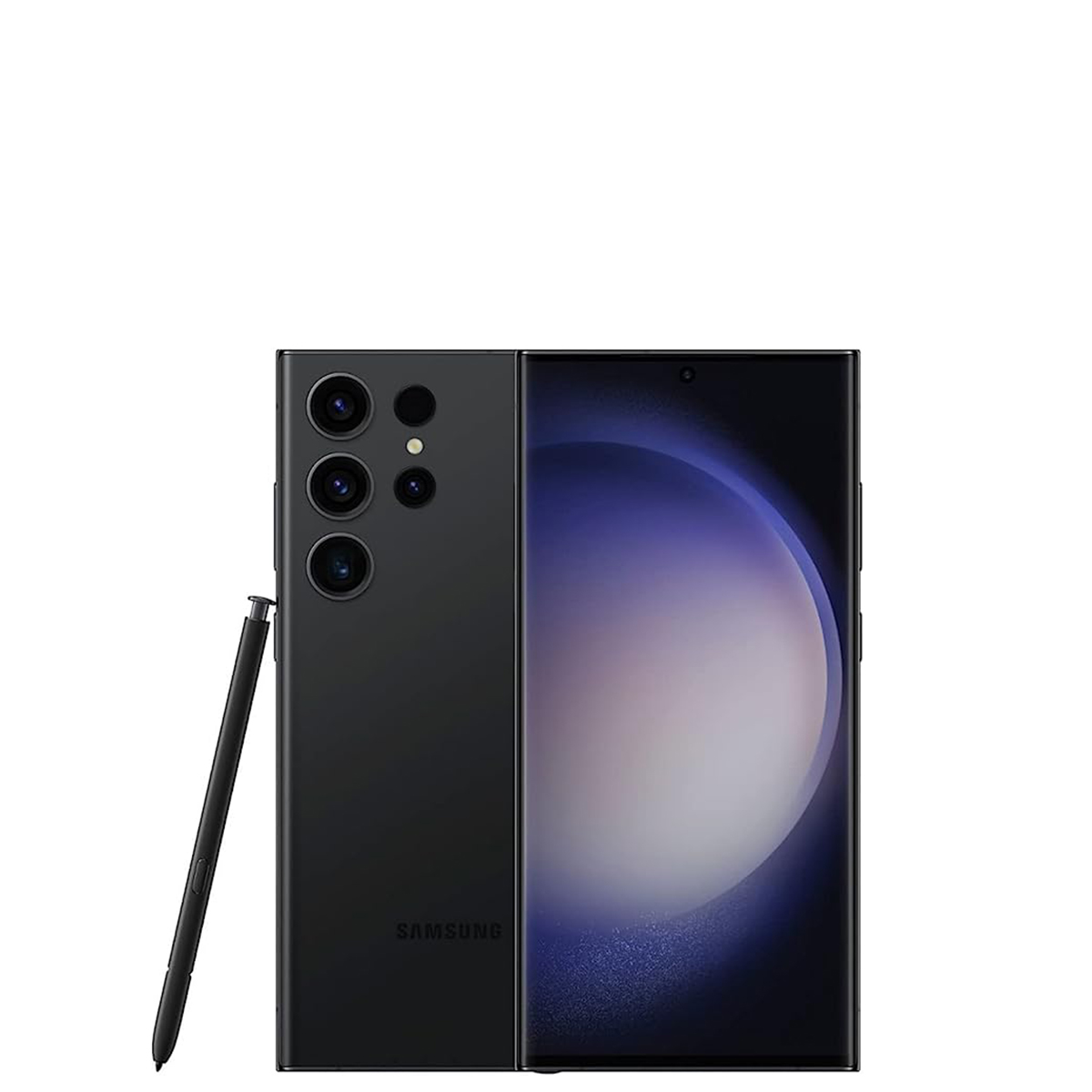
The best used phablet
If you want a more tablet-inspired experience in your phone, then the Samsung Galaxy S23 Ultra is one to check out. This 6.9-inch display offers the best of the Galaxy S23 range, with a gorgeous display and fantastic photography capabilities. It also offers support for the S-Pen stylus.
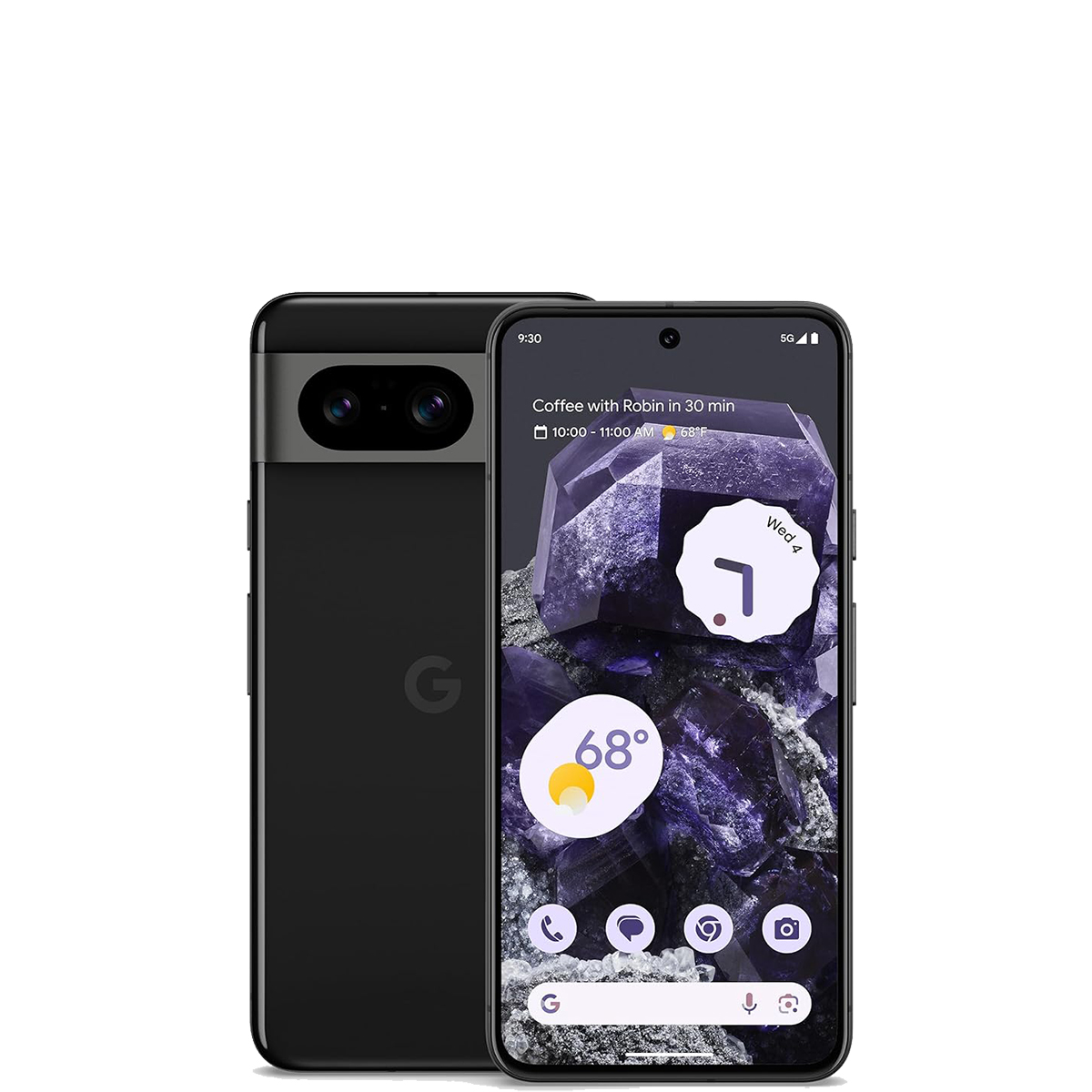
Best used Pixel
Google Pixel 8 offers a great array of features for slightly less than other flagships. There's a gorgeous bright display, powerful AI editing features, terrific cameras and early access to the latest and best Android updates.
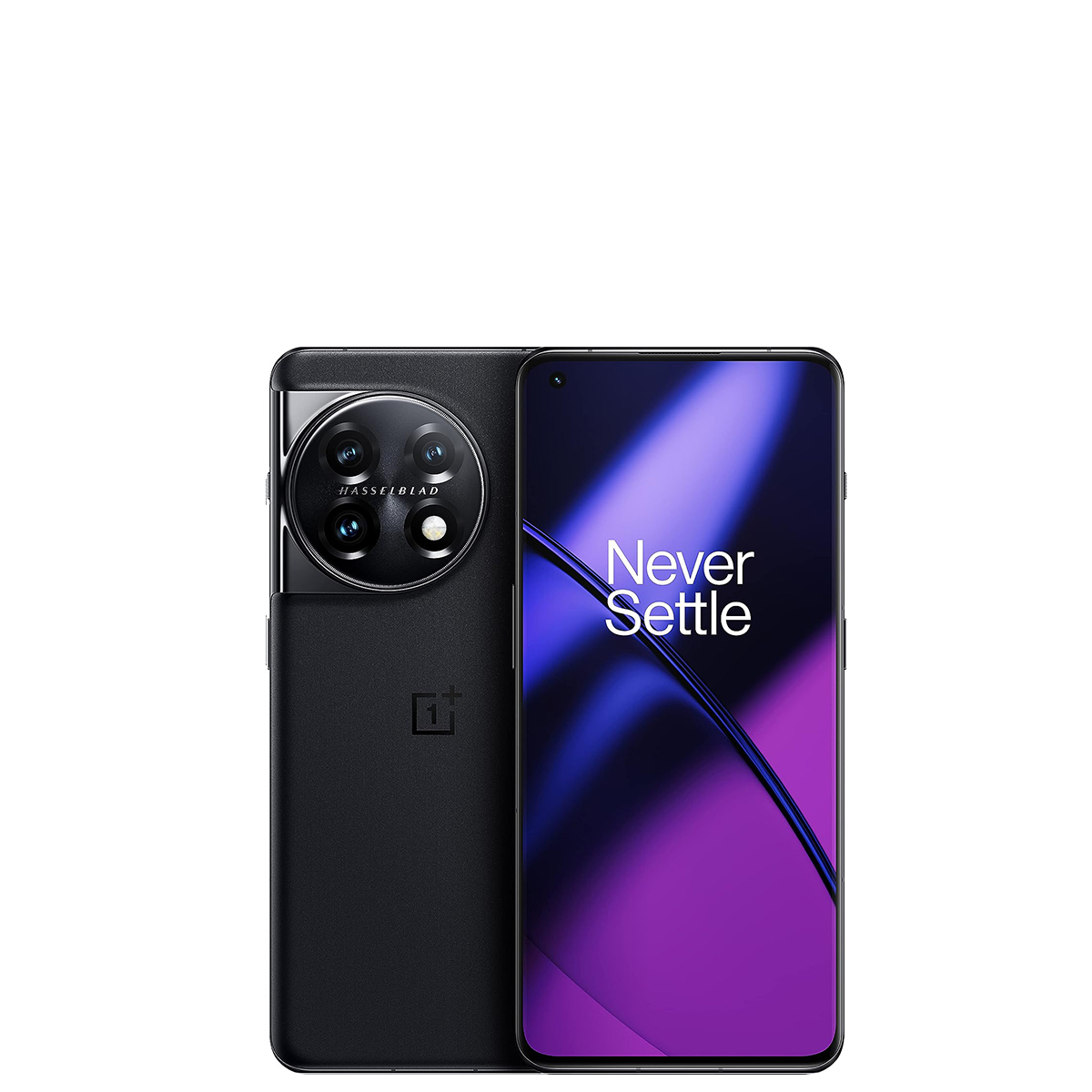
Best wildcard
If you're looking for something with flagship killer status, there's always the OnePlus 11. Not only does this phone offer excellent battery life, it also comes with a gorgeous design, the best OnePlus cameras at the time of release and a cheaper price tag. Oxygen OS is pretty clean and nice to use as well.
The full list: Best used smartphones you can buy today
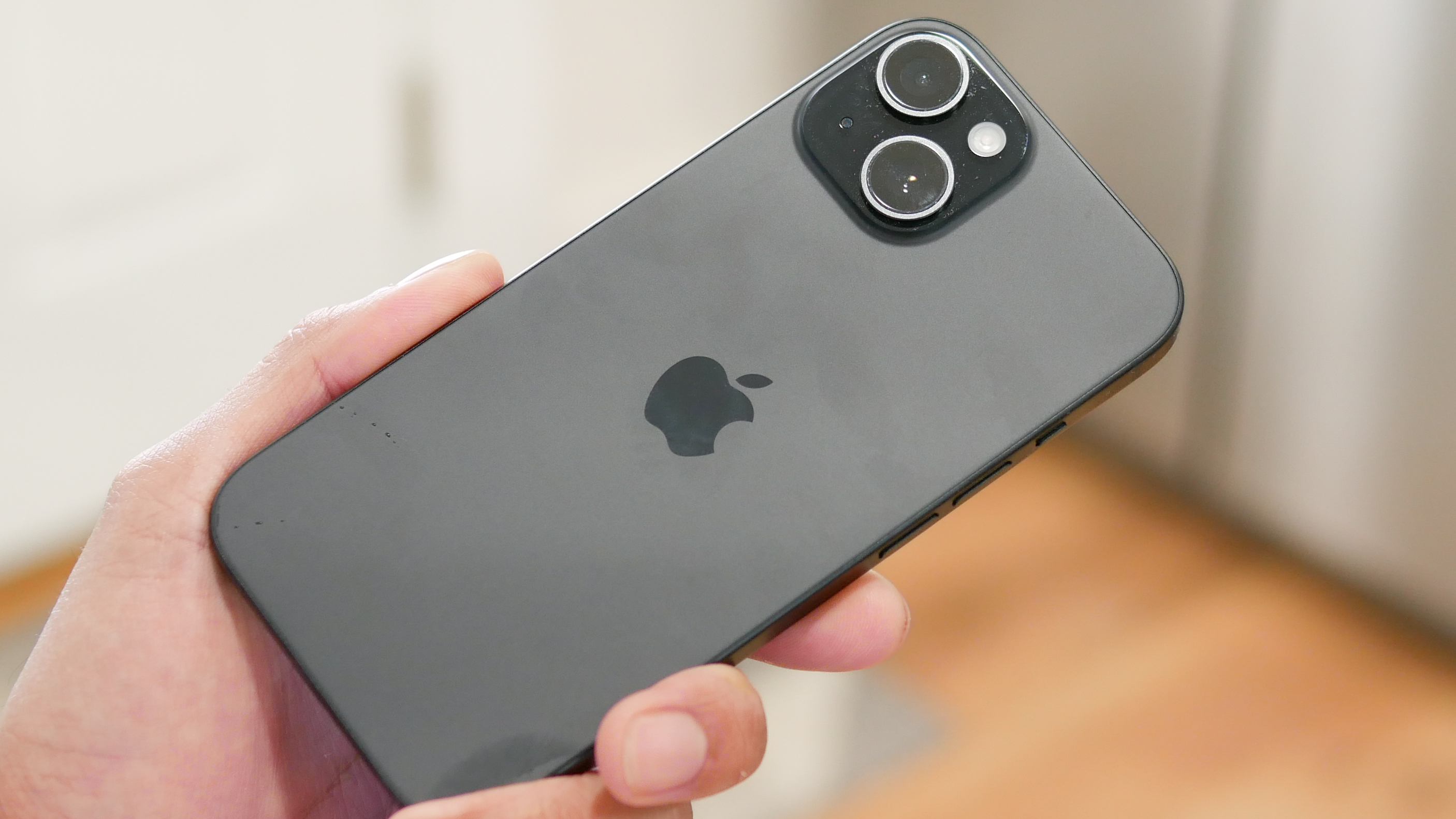
Specifications
Reasons to buy
Reasons to avoid
The iPhone 16 may be the most exciting new iPhone on the block, but there's still plenty to like about the iPhone 15. Not only is the iPhone 15 cheaper to buy outright, you can also save even more cash by picking up a used model. It may lack some of the features of its successor, but it's still one of the best iPhones you can buy.
The 48MP main camera and 12MP ultrawide lens can take some incredible photos, and the A16 Bionic is still a rather powerful chipset — even if it is now 2 years old. Better still the screen has been upgraded with the Dynamic Island cutout, ditching the notch at last and offering an expandable mini-display of sorts. The display also offers a brighter Super Retina XDR panel, even if the refresh rate is stuck at 60Hz.
Better still the iPhone 15 marked the change from Lighting to USB-C. The phone doesn't have the same data transfer and charging speed upgrades as the iPhone 15 Pro, but it does mean you can stop worrying about your iPhone needing a different charging cable to all your other gadgets.
Of course if you're not ready for an iPhone 15 right now, keep your eyes open for a bargain. Now that the iPhone 16 is officially here, iPhone 15 prices are only going to decrease.
What you'll pay for a used iPhone 15
From $406 on Swappa
From $639 on Amazon (Refurbished)
From $469 on Gazelle
Read our full iPhone 15 review
Best cheap used smartphone
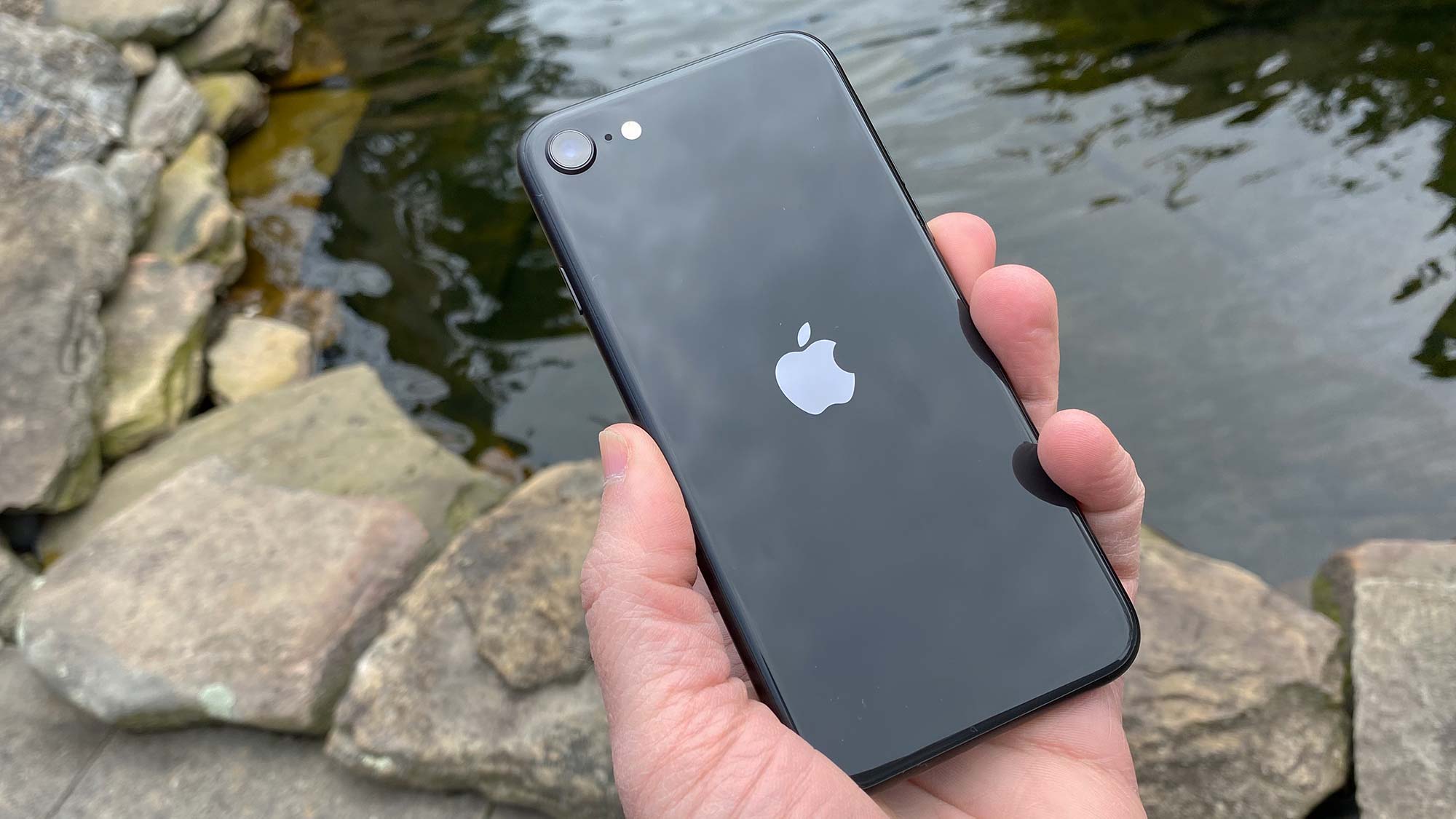

Specifications
Reasons to buy
Reasons to avoid
The iPhone SE 2020 is already a great value phone, but picking up a used model means you can save even more on Apple's budget iPhone. Your savings will be limited, considering the phone's $399 MSRP, but now that the iPhone SE 2022 is here the second generation model's price is going down.
You can have an iPhone 8-inspired design, but with some of the same hardware as the iPhone 11. There's the powerful A13 Bionic processor, wireless charging, a 12MP camera that uses computational photography to great effect, water resistance, and a solid nine plus hours of battery life based on our testing.
What you'll pay for a used iPhone SE (2020)
From $110 on Amazon (refurbished)
From $92 on Gazelle
From $66 on Swappa
Read our full iPhone SE (2020) review.
Best used Android smartphone
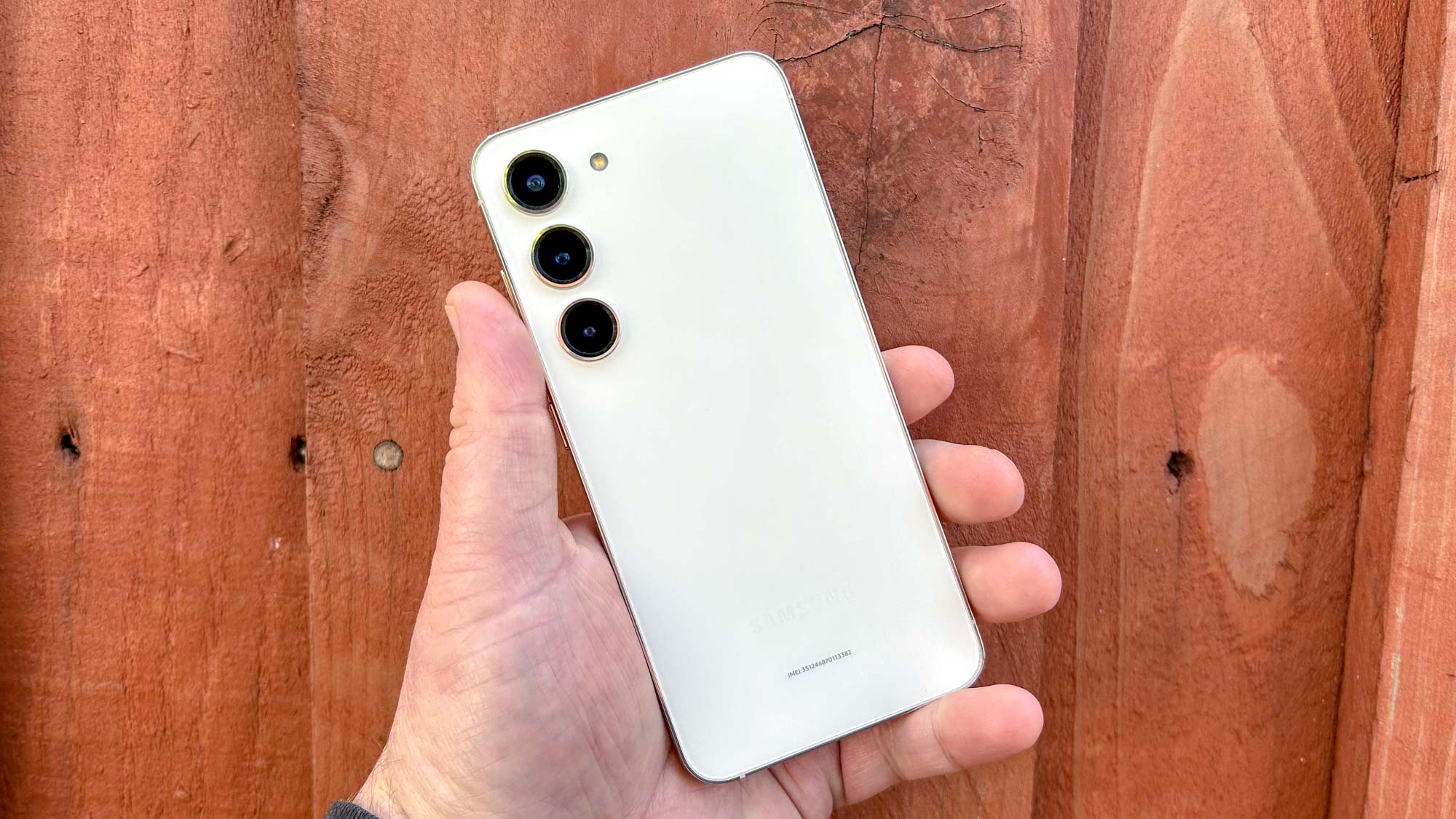
Specifications
Reasons to buy
Reasons to avoid
Samsung is typically not one to make huge changes from one flagship to the next, so you're not missing a lot if you opt for a Galaxy S23 instead of a shiny new Galaxy S24.
The S23 has the overclocked Snapdragon 8 Gen 2 for Galaxy, and the minor battery increase has led to over two and a half hours more battery life compared to the Galaxy S22. The cameras, screen charging specs and software are pretty similar to the Galaxy S24, and the phone will be getting new Galaxy AI enhancements in the near future.
What you'll pay for a Samsung Galaxy S23
From $399 on Amazon (Refurbished)
From $278 on Swappa
From $354 on Gazelle
Read our full Samsung Galaxy S23 review
Best used phablet
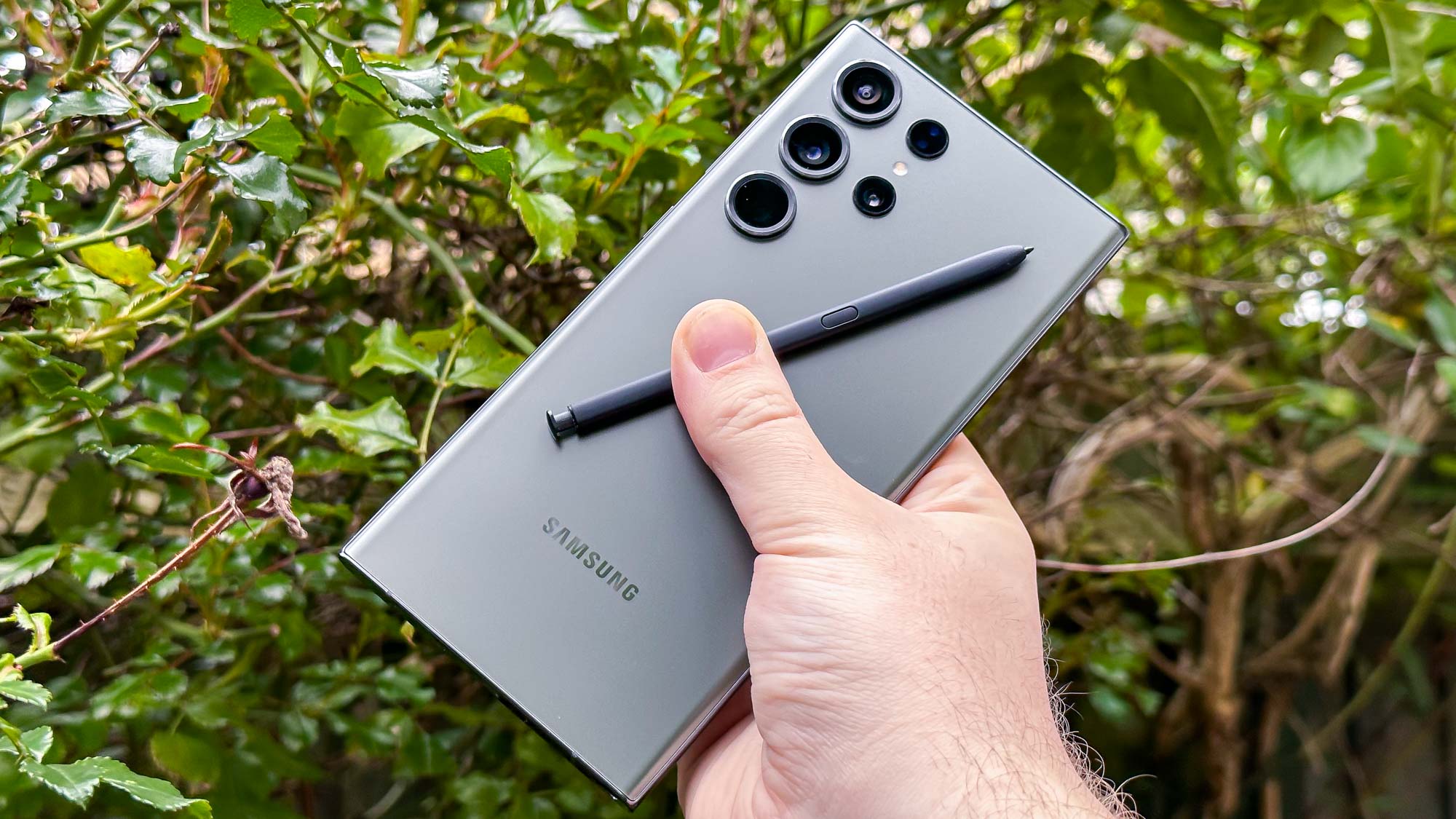
Specifications
Reasons to buy
Reasons to avoid
The Galaxy Note range is dead, but only in name. Instead the Galaxy S Ultra range has risen in its place. If the S24 Ultra isn't for you, then the S23 Ultra can get you a lot of the same great stuff at a fraction of the price. That includes support for the S Pen, an incredible 200MP main camera, 45W charging and a glorious 1-120Hz adaptive display.
It's even set to get some of the same Galaxy AI features as the Galaxy S24 Ultra. Word is that will include features like Instant Slo-Mo, Live Translate, Interpreter mode and Chat Assist. The new handset may have better battery life and upgraded camera lenses, but if you don't want to pay full price for the latest model, this is a great option.
What you'll pay for a used Galaxy S23 Ultra
From $699 on Amazon (Refurbished)
From $504 on Swappa
From $624 on Gazelle
Read our full Galaxy S23 Ultra review
Best used Pixel phone
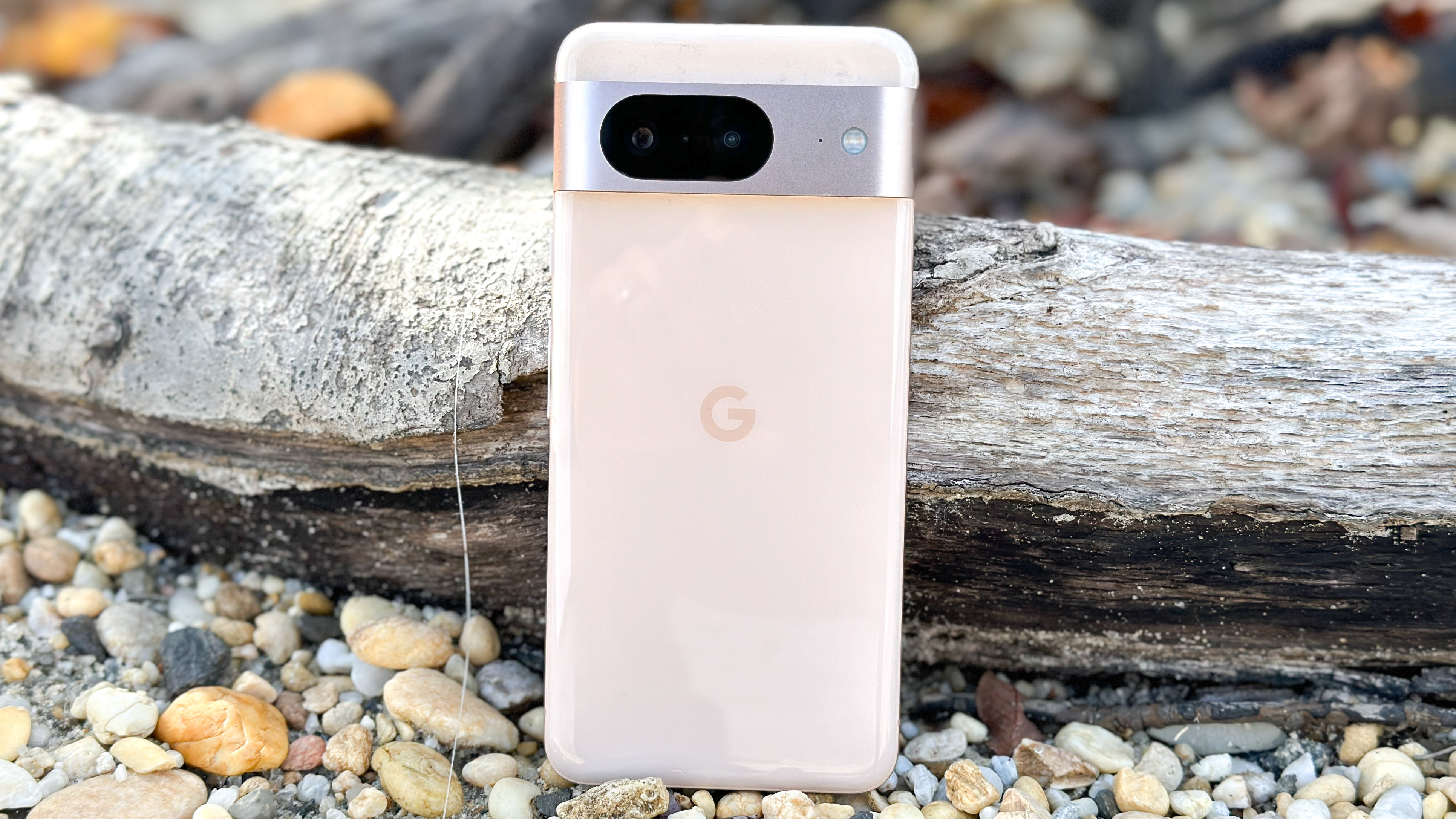
Specifications
Reasons to buy
Reasons to avoid
The Google Pixel 8 has a lot going for it, but the fact the price went up by $100 always stung a little bit. Thankfully the ability to buy used means you can offset that cost, provided you're willing to accept this phone is now a year old. And with it you get a whole range of AI-centric features, including photo editing and Gemini Nano's on-device AI — all powered by the Tensor G3.
The Tensor G3 does mean that this isn't going to be a performance monster, but that's never been the Pixel series' strongsuit anyway. At least Google says that the chip will bolster your security, improve camera quality and let you pull out the Magic Editor on those slightly mis-shot vacation snaps.
Not to mention the fact that the extra-bright Actua display means the screen looks incredible in all kinds of conditions. Plus the battery life, while not incredible, is a marked improvement over the disastrous lifespan of the Pixel 7.
What you'll pay for a used Google Pixel 8
From $414 on Amazon (Refurbished)
From $287 on Swappa
From $368 on Gazelle
Read our full Pixel 8 review
Best wildcard used phone
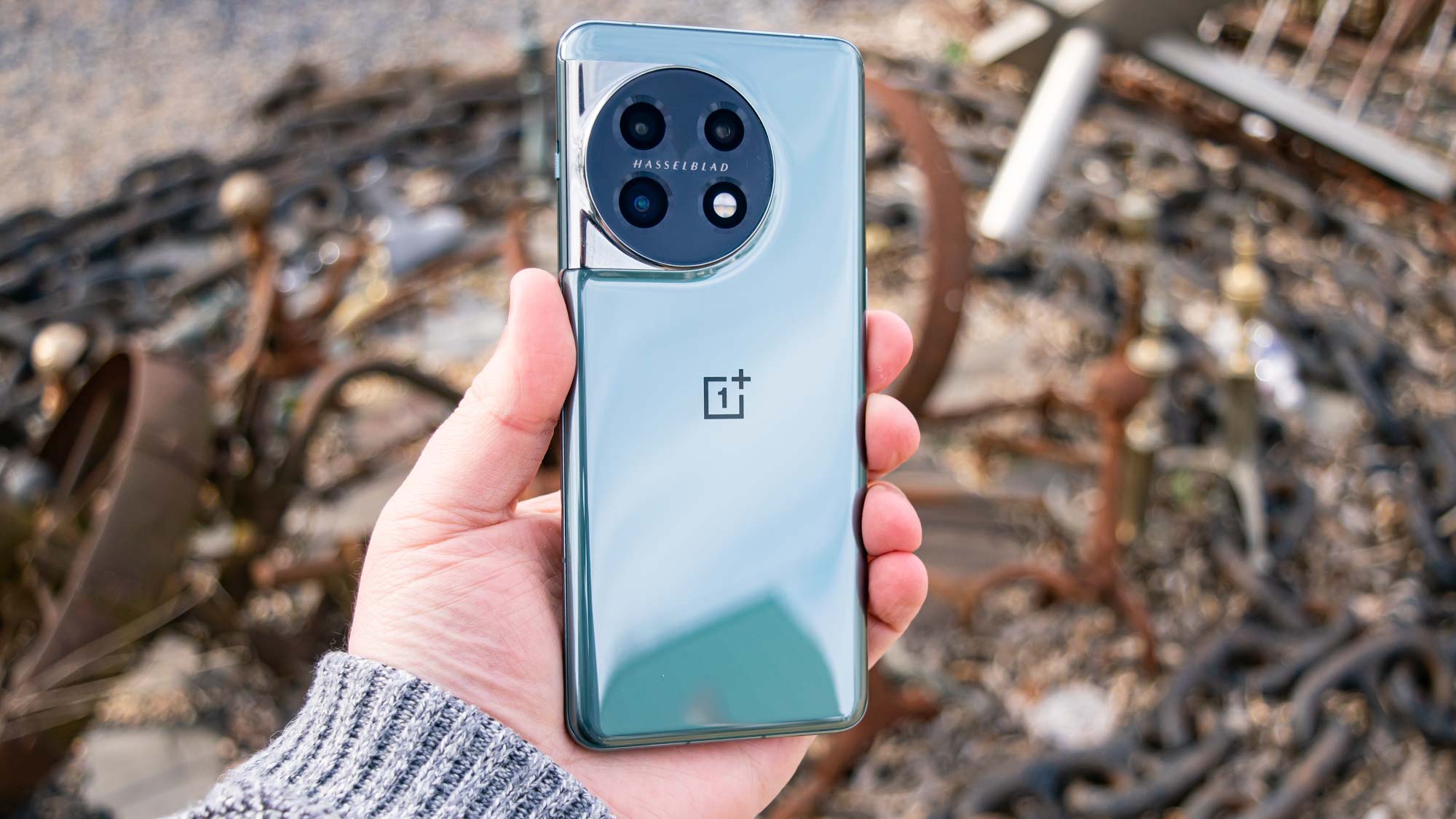
Specifications
Reasons to buy
Reasons to avoid
OnePlus produces some fantastic phones, though they certainly release a lot of them. Which is why picking up last year's OnePlus 11 is always worth thinking about. With the OnePlus 12 on sale, you can expect to find the previous device for a lot less than it would have cost you this time last year.
Not only does OnePlus throw in an incredible display, fast charging, 5G and a powerful Snapdragon 8 Gen 2 processor, you also have some of the best phone battery life — even one year on. Not quite as much as the OnePlus 12, but still pretty high On top of that Oxygen OS has proven itself to be one of the cleanest versions of Android you can buy.
The camera's a significant improvement over what came before, even if the telephoto lens tops out with 2x magnification. Sadly this model doesn't come with wireless charging, which may be a deal breaker, though the 80W wired charging may help make up for it.
What you'll pay for a used OnePlus 11
From $529 on Amazon (Renewed)
From $334 on Swappa
Read our full OnePlus 11 review
Best cheap Android
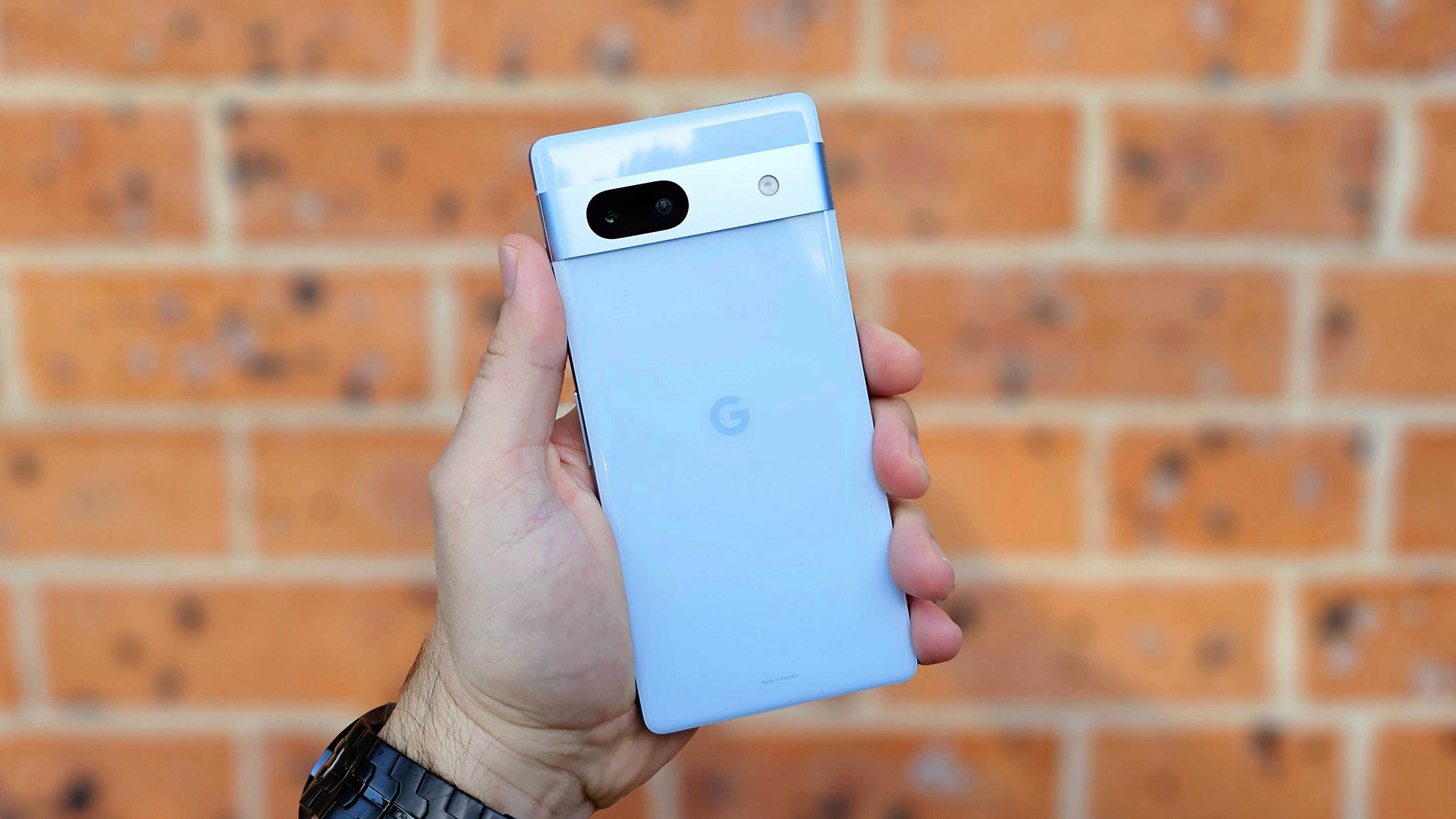
Specifications
Reasons to buy
Reasons to avoid
Now that the Pixel 8a is here you're going to start seeing the Google Pixel 7a drop in price. Google hasn't made that price drop official yet, but other retailers will already be slashing some prices. So $499 was a little too pricey for you, then you'll want to keep your eyes peeled. The Pixel 7a is one of the best cheap phones, with a bunch of impressive features in a conveniently-affordable package.
It's got a large 6.1-inch display, sub-6GHz 5G, wireless charging, a dual camera setup with 64MP main and 13MP ultrawide lenses, and a 13MP selfie camera. The battery is also pretty great, lasting 10 hours and 5 minutes during our testing regiment. Not to mention the fact that it's powered by the Tensor G2 chipset with all the AI-powered features that comes with.
From $289 on Amazon (refurbished)
From $190 on Swappa
From $213 on Gazelle
Read our full Pixel 7a review
How to pick the best used smartphone for you
Deciding which used smartphone to buy is a bit harder than choosing a new phone, for obvious reasons. Aside from the fact you want to ensure the particular device you're looking at is in acceptable condition, you also have to consider whether or not the model you're interested in will be up to the task to handle what you expect to throw at it.
Flagship smartphones are more powerful than many of us realize, and so even if you buy a device that's two years old, you're still likely to get a phone that's more than powerful enough to handle everyday tasks. From browsing social media apps and websites, to GPS navigation, video and music streaming and snapping photos.
Where you might begin to see an older phone sweat pertains to those really taxing use cases, like playing the most strenuous, graphically rich mobile games and 4K video recording. Additionally, if the battery in an old phone has never been replaced with a fresh unit, it's likely deteriorated to the point where it won't last very long on a charge — another factor to consider.
You also have to be mindful of the status of software and security updates on the device. This is a particular area in which it pays to buy an older iPhone, because Apple supports its handsets for far longer than the standard 2-3 year policies Android phone makers commit to. In fact, the iPhone 8 — a device that released in 2017 — can still get iOS 17, the upcoming version of Apple's mobile operating system. The best case scenario on Android is the four years of updates Google reserves for its own Pixel devices and Samsung devices bought after 2019.
How we test smartphones
Every smartphone Tom’s Guide evaluates is tested for several days in real-world use cases and benchmarked with a gamut of performance-measuring apps. In terms of performance, we used Geekbench 5 to measure overall speed and GFXBench to measure graphics performance.
We also use our own video editing test in the Adobe Premiere Rush app to see how long it takes to transcode a clip, which we run on both Android phones and iPhone to compare performance.
We use a light meter to ascertain display quality data, like brightness and color accuracy, and our proprietary battery test determines longevity on a charge by continuously loading live webpages over a 4G or 5G network. We set each phone to 150 nits of screen brightness and try to use T-Mobile's network each time in order to achieve comparable results across phones.
Lastly, we explore the software, test gaming performance and conduct live camera comparisons with rival handsets — and each of these factors play a part in our comprehensive verdict.
Sign up to get the BEST of Tom's Guide direct to your inbox.
Get instant access to breaking news, the hottest reviews, great deals and helpful tips.

Tom is the Tom's Guide's UK Phones Editor, tackling the latest smartphone news and vocally expressing his opinions about upcoming features or changes. It's long way from his days as editor of Gizmodo UK, when pretty much everything was on the table. He’s usually found trying to squeeze another giant Lego set onto the shelf, draining very large cups of coffee, or complaining about how terrible his Smart TV is.
-
redzaimranrazman Thanks for the great article.Reply
However, I found that the iPhone 11 in the article says that its equipped with OLED display but instead its actually equipped with the Liquid Retina Display.
